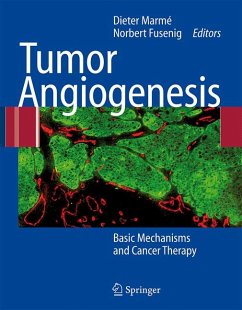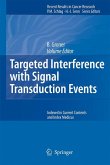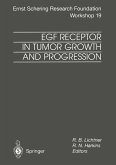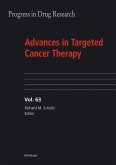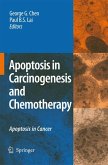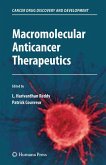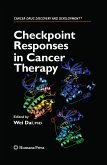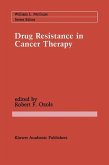Dieser Download kann aus rechtlichen Gründen nur mit Rechnungsadresse in A, B, BG, CY, CZ, D, DK, EW, E, FIN, F, GR, HR, H, IRL, I, LT, L, LR, M, NL, PL, P, R, S, SLO, SK ausgeliefert werden.
"The chapters in Tumor Angiogenesis are divided into four sections ... . Tumor Angiogenesis is an outstanding overview of the basic science and translational aspects of angiogenesis. ... To fully capitalize on antiangiogenic therapy, we must continue to have an open dialogue between basic scientists and clinical investigators. This book will serve that purpose, not only for graduate students and new investigators in the field, but also for experienced investigators." (Lee M. Ellis, The New England Journal of Medicine, May, 2008)

